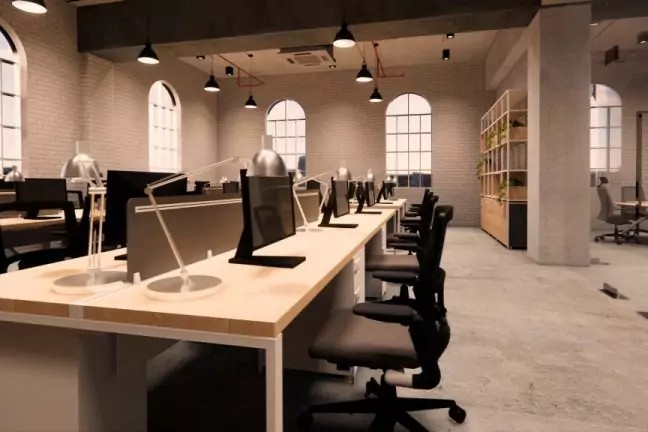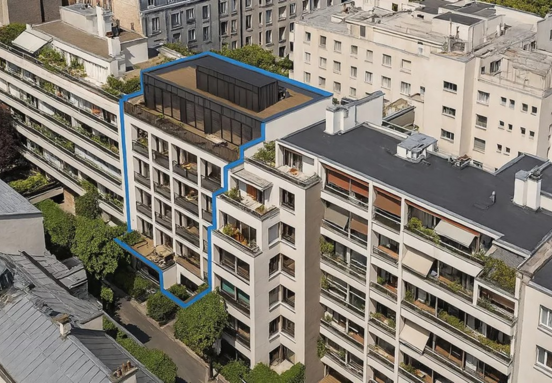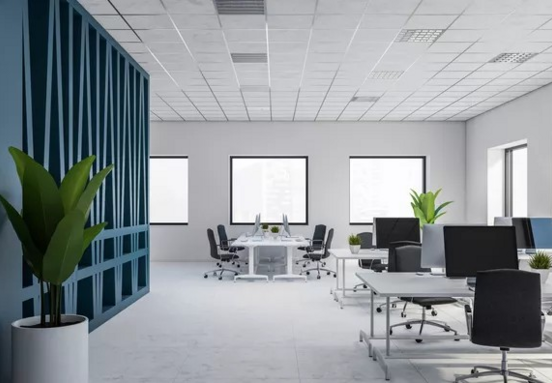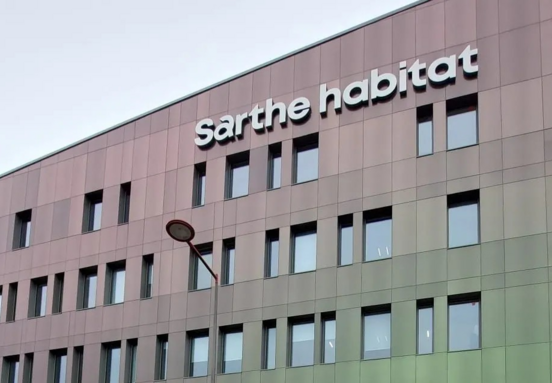Understanding France's energy mandate for commercial properties
Since 2022, the French 'Décret Tertiaire' has placed a clear imperative on commercial buildings over 1,000 m²: a progressive reduction in energy consumption. The ambitious targets are set at –40% by 2030, –50% by 2040, and –60% by 2050.
Achieving these goals involves a multi-pronged approach, including improved insulation, intelligent heating and cooling systems, optimized lighting, and even increased reliance on telework.
The Décret Tertiaire: what it means for your business
While often primarily a landlord's responsibility, these regulations directly influence your operational costs and the quality of your workspace. Landlords are increasingly pressured to invest in more efficient infrastructure, which translates into better, more sustainable options for tenants.
Businesses seeking new premises must therefore consider energy performance as a key factor in their decision-making process.
Immediate gains: the power of smart building technology
Optimizing energy usage doesn't always require massive structural overhauls. Pilot projects have demonstrated that improved technical management of buildings can lead to a 15% to 25% reduction in consumption without heavy renovation.
The rise of connected sensors and smart control systems plays a pivotal role here, allowing for automatic light dimming, adaptive ventilation based on occupancy, and precise HVAC management. For tenants, this means immediate savings on utility bills and a more comfortable, productive environment for employees.
Navigating the challenges: from reporting to renovation
Despite ambitious targets, the implementation of the Décret Tertiaire remains uneven. A 2024 survey revealed that less than 50% of targeted buildings had submitted their consumption data, hindering effective progress tracking. Smaller businesses, often operating as tenants, frequently face difficulties financing significant renovation work or securing investment from their landlords.
Furthermore, the substantial structural challenge lies in renovating existing building stock; a large proportion of French offices date from the 1970s-1990s and possess very poor energy performance. Without substantial investment, meeting regulatory objectives may prove challenging.
Beyond regulations: strategic benefits for tenants
Choosing an energy-efficient commercial space offers more than just compliance. It leads to significantly reduced utility bills, enhanced comfort for your team through better climate control, and a stronger corporate social responsibility (CSR) profile.
Moreover, the increasing trend of telework is reducing office occupancy, prompting discussions about converting vacant buildings into housing. This could free up modern, energy-efficient commercial spaces, offering a double benefit of energy savings and social utility.
Finding your future-ready commercial space
When searching for your next office or warehouse, consider these key factors:
Inquire about Décret Tertiaire compliance: Ask prospective landlords about their compliance status and plans.
Review Energy Performance Certificates (DPE): Understand the building's energy rating.
Look for smart building features: Prioritize spaces equipped with Building Management Systems (BMS), connected sensors, and intelligent climate control.
Clarify responsibilities: Understand tenant versus landlord responsibilities for energy-related upgrades and operational costs.
Assess building age and renovation status: Newer or recently renovated buildings often offer superior energy performance.
Prioritize insulation and HVAC: Good insulation and modern heating, ventilation, and air conditioning systems are fundamental to efficiency.
By making informed choices, businesses can secure spaces that not only meet regulatory demands but also contribute to significant operational savings and a sustainable future.
Source: zegreenweb.com







